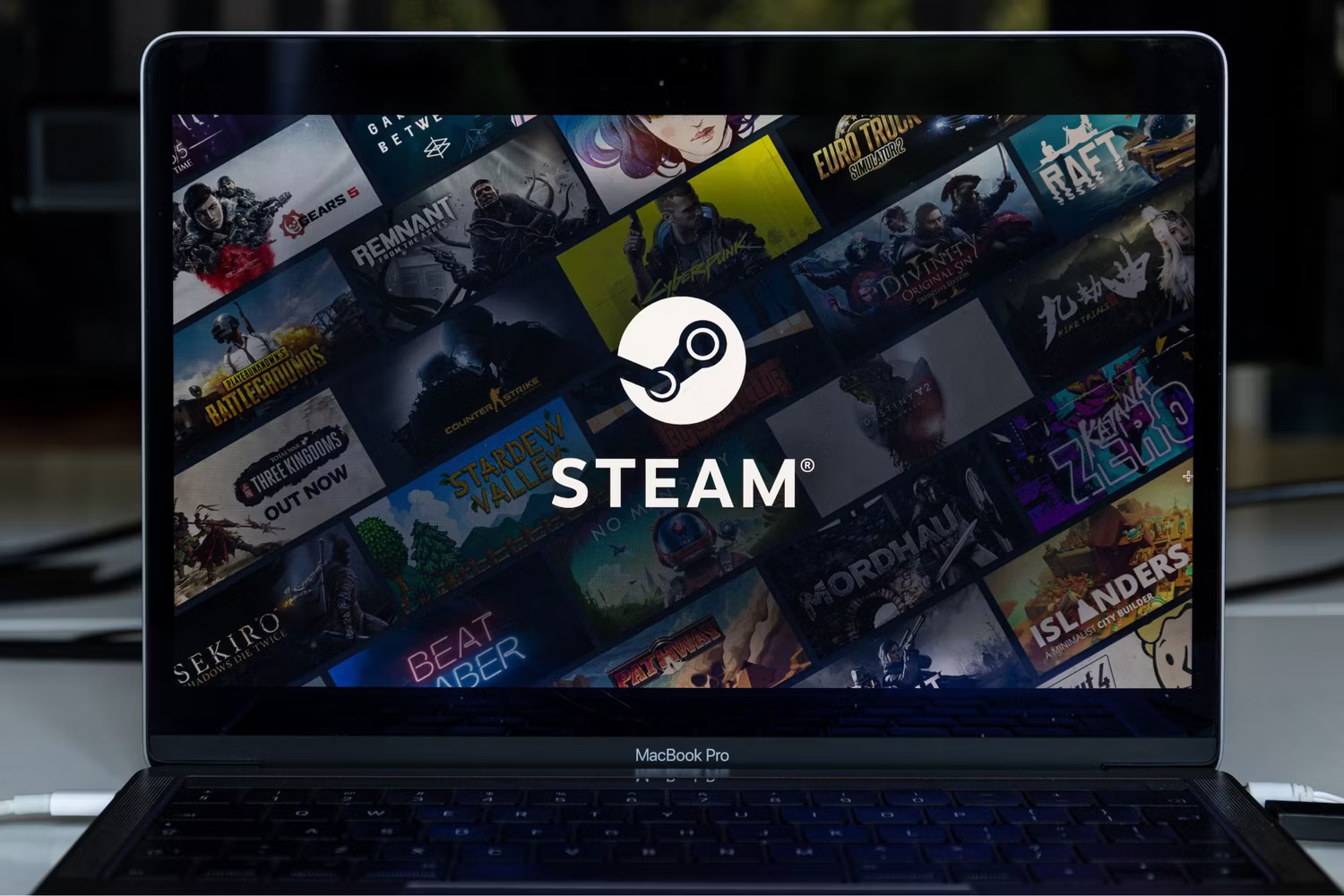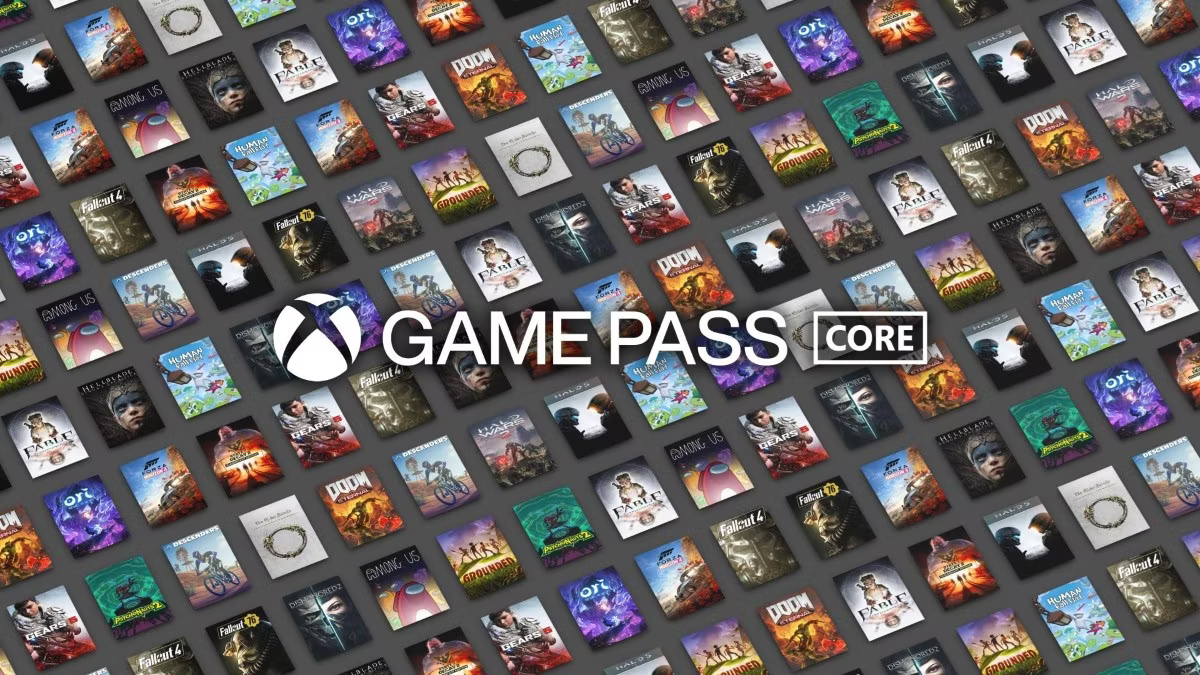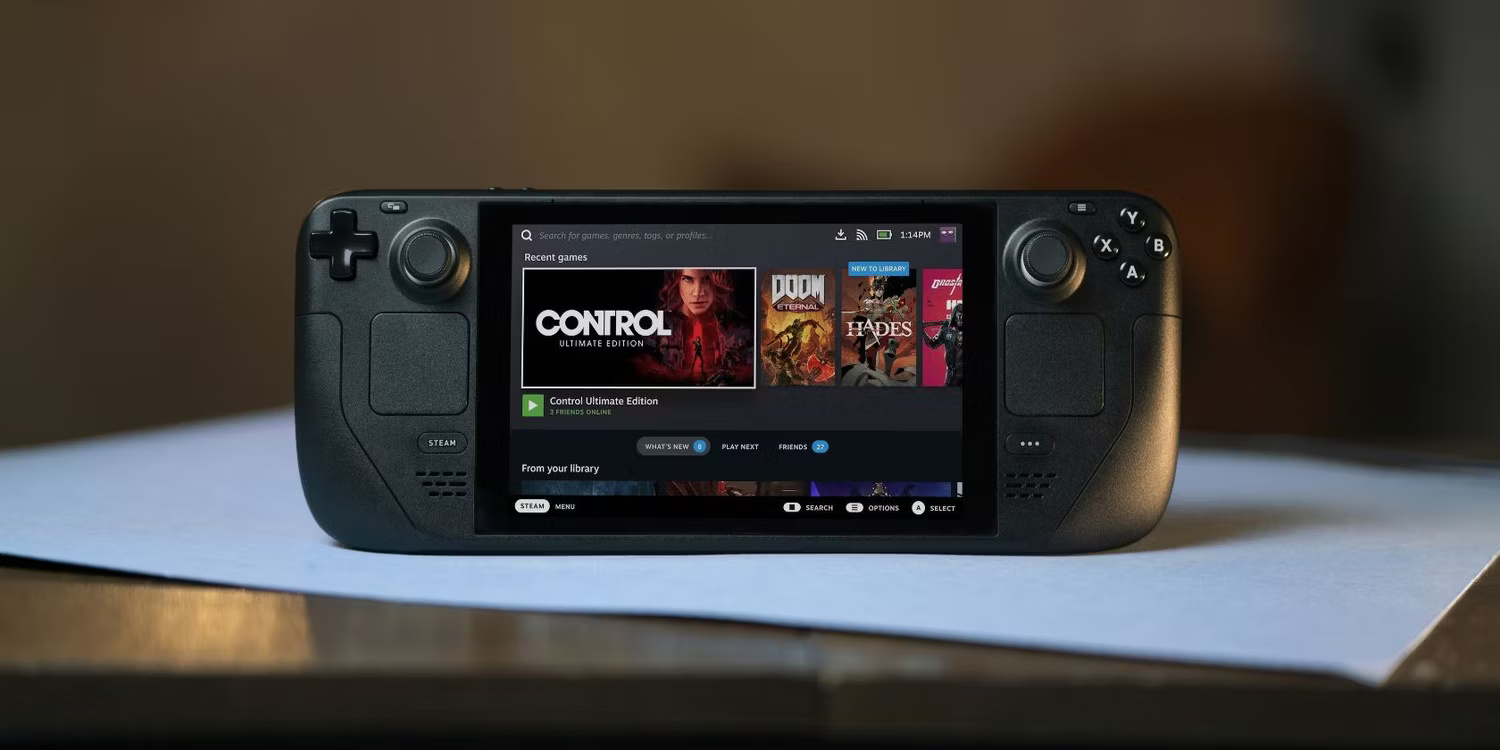9 pros and cons of buying games digitally
Here are some pros and cons of buying games digitally to help you decide.
Advantages of buying games digitally
For gamers who value convenience and accessibility, buying games digitally offers many benefits.
1. Digital games are easy to buy and store

One of the main benefits of owning digital games is the convenience of having them. No need to go to a physical store or wait for your online order to be delivered. Furthermore, finding a physical copy of an old game can sometimes be difficult, but purchasing its digital version is very easy, just complete the purchase and download.
Another benefit of buying a game digitally is that there is no need to store it physically. This means there is no taken up shelf space and no risk of damage or theft. Plus, your entire game library goes with you wherever you go, as long as you have a login and a compatible device.
2. Switching between digitally owned games is a breeze
If you're someone who likes to switch between different titles throughout your gaming session, digital gaming offers great convenience. With them, you can jump straight into any game you like in no time.
Unlike physical games, you don't have to rummage through drawers and swap discs. Digital games are always available and can be switched between them easily.
3. Experience seamless automatic updates
On most devices, digital games are updated automatically by default. This may not seem like a big deal, but it can save you the frustration of encountering a big update prompt right when you're excited to play your favorite game.
Automatic updates ensure that your favorite titles are ready to play when you are, without having to wait for updates to download and install.
4. Digital gaming consoles are less expensive

Another benefit of going completely digital is that the price of consoles dedicated to digital games is often lower than consoles that can play physical discs. This can be beneficial when deciding to upgrade to the latest version of the console.
Additionally, when the game is digital, you don't have to face issues like the PS5 drive making too much noise or getting stuck. This means you can enjoy uninterrupted gameplay without the frustration of disc-related glitches.
5. You can choose a worthwhile subscription service
With digital games, purchases are not always necessary. Instead, you can opt for a gaming subscription like PS Plus, Game Pass or EA Play. Similar to how you subscribe to Netflix instead of buying individual movies, these game subscriptions offer various benefits for a monthly fee, approximately the cost of a single game.

This model allows playing a variety of genres and discovering new favorites without having to purchase separately. Additionally, many game subscriptions offer a trial period so you can play the game for a few hours before making a purchase.
Disadvantages of buying digital games
While purchasing a digital copy of a game may seem obvious at this point, there are still some downsides to consider.
1. Digital games can quickly fill up console storage space
Although digital games eliminate the need to store them physically, they can quickly take up storage space on a console. With many modern games easily reaching 50GB or more in size, you'll constantly be looking for ways to get more storage on your PS5 or Xbox Series X|S.
Therefore, from time to time you may need to uninstall or move unplayed games to an external hard drive. While adding more storage to your PS5 or Xbox is always an option, it does come with additional costs.
2. Difficult to share or sell
Sharing digital games with friends is not as simple as sharing physical games because it often requires sharing your account login information. This can pose a security risk and potentially lead to unauthorized changes to your account settings.
However, you can share digital games within your family through Steam Families or PS5 game sharing.
But when it comes to selling the game after playing it; You won't be able to recoup some of the initial costs of purchasing the game by selling it on eBay or other platforms without the physical disc.
3. You don't really own your digital game

When you buy a digital game, you're not technically buying the game itself, but a license to play the game. Unlike physical copies, where ownership is often simpler, digital licenses often come with restrictions and conditions.
For example, there is no guarantee that the game will always be available. If the publisher or developer revokes a license or if there is a legal issue, you may lose access to that license. However, it is worth noting that such cases of games being delisted are relatively rare.
4. Easy to get into trouble with account problems
Account security becomes important when all digital games and purchases are linked to them. Losing access to an account, whether through hacking, phishing, or other means, can lead to a difficult situation where you could lose access to your entire library of games and purchases. me.
To avoid this, you may need to implement additional security measures such as two-factor authentication, using strong passwords, and regularly monitoring your account activity.
Above are the advantages and disadvantages of owning digital games. Considering the fact that 95% of games sold by 2023 will be digital (as reported by GamesIndustry.biz), it's fair to say that most people prefer digital games and are willing to accept some compromises. associated with them.
However, choosing digital games over physical games often comes down to personal preference, with factors to consider including convenience, accessibility and price.